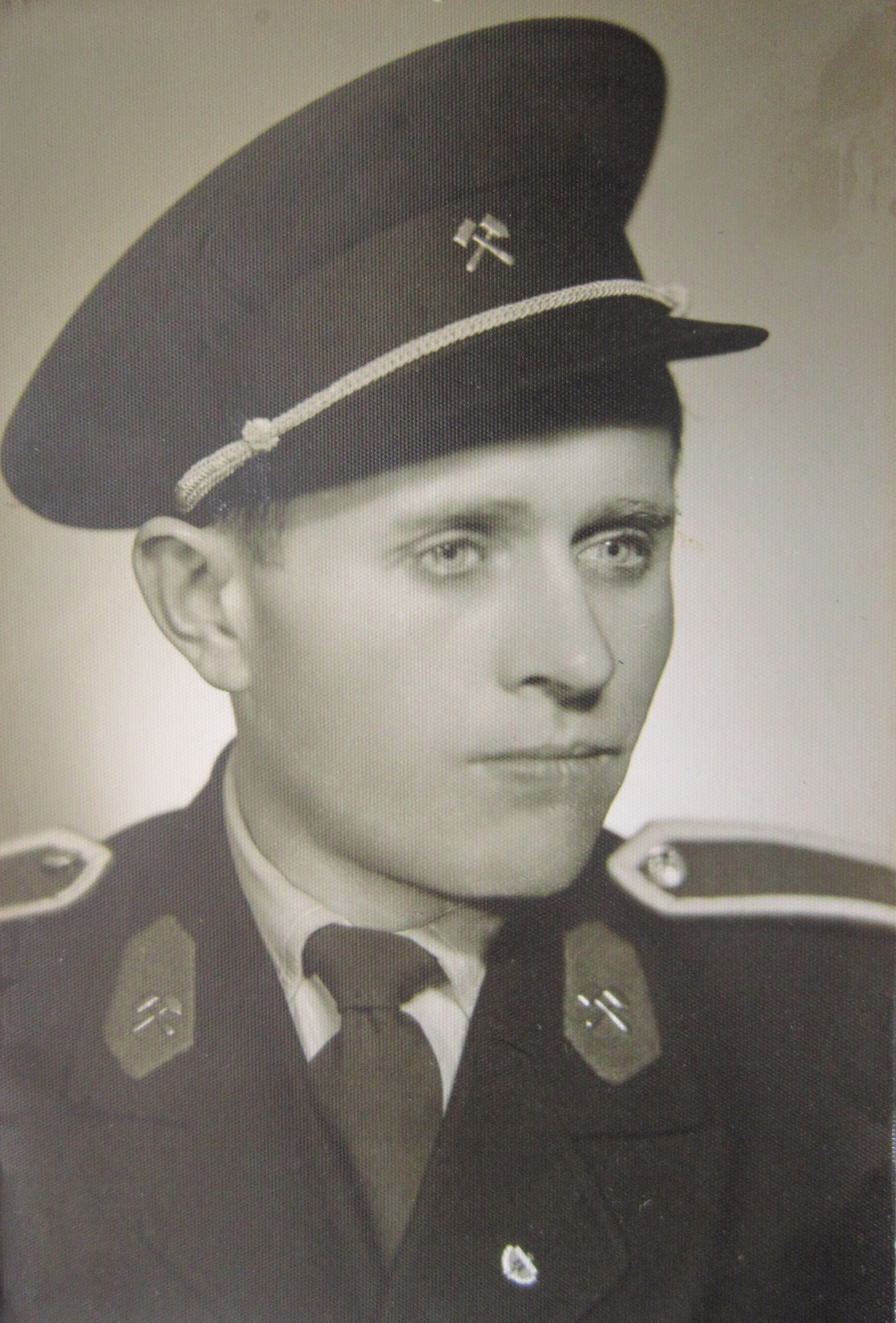Ten years in a gulag

Stáhnout obrázek
Pavel Tunák was born October 15, 1925 in Turzovka near Čadca. In 1944 he was imprisoned in Ružomberok because he had left his workplace during the construction of German defence barriers. Soon after he was ordered to serve in the guard of the Mausoleum of Andrej Hlinka. He was wounded during a shoot-out with Soviet partisans and he also caused an injury to one of the partisans. On April 4, 1944 he was arrested by soldiers from the Soviet military counterintelligence while in hospital. He was transported to assembly camps in Auschwitz and Bialystok. Soviet authorities sentenced him for anti-Soviet activity to ten years in labour camps. He was then interned in gulags in the Arkhangelsk region, near the city of Murmansk and then in several other camps in Siberia before he was deported to a labour camp in the Kamchatka Peninsula in October 1953. In June 1953, agents from the Israeli intelligence Mossad infiltrated the camp posing as suppliers of provisions. They were looking for Swedish diplomat Raoul Wallenberg and at the same time they managed to write down the names of prisoners from foreign countries. Pavel Tunák was released in November of the following year and after an arduous journey which took several weeks he finally arrived to Czechoslovakia. In 1959 he was arrested and sentenced to fourteen months of imprisonment for statements he made about the situation in the Soviet Union. He served his sentence in the prison in Heřmanice. He now lives with his wife in Ostrava-Zábřeh.









